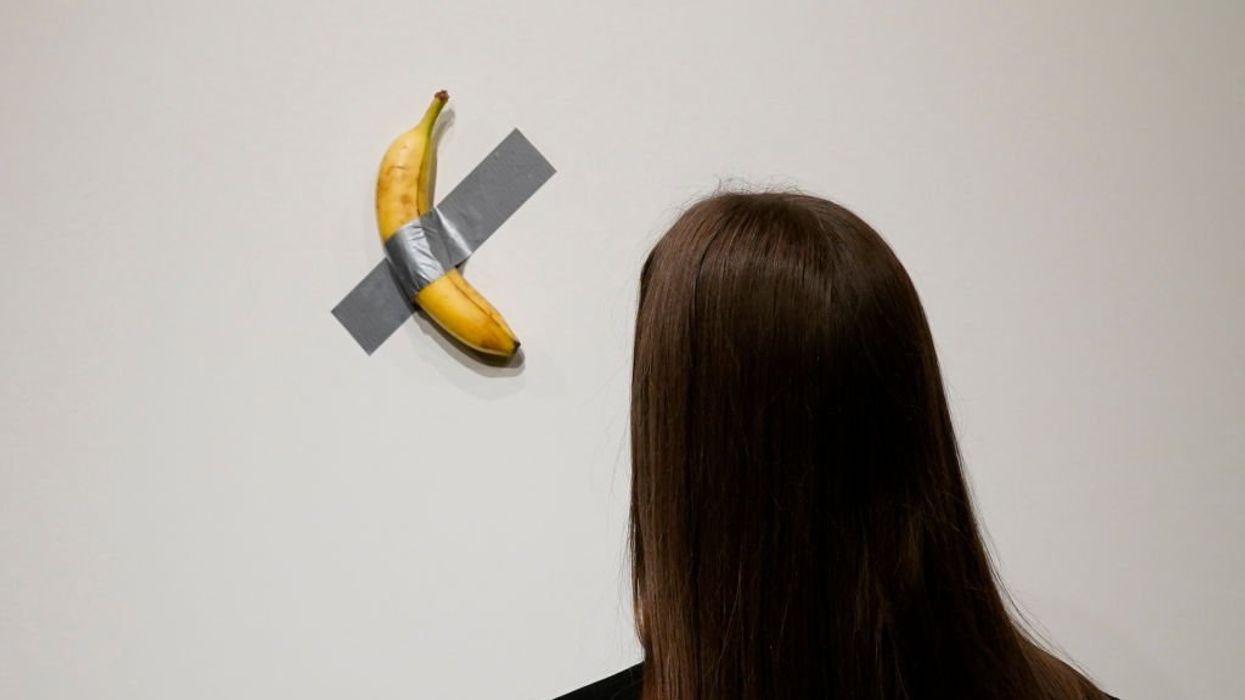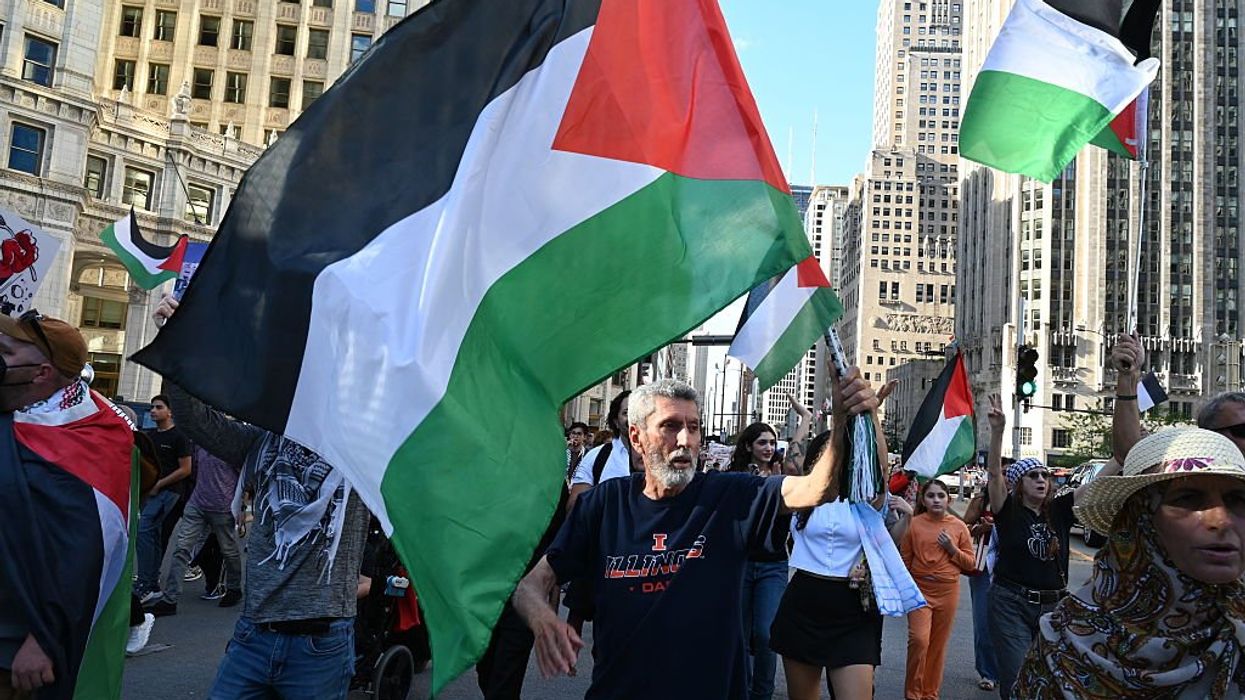
© 2025 Blaze Media LLC. All rights reserved.
Was British Court Right to Sentence 2 Youths for Supporting Violence Based on Their Facebook Pages?
October 18, 2011
“...intended to provide both punishment and deterrence.”

Remember those UK riots that broke out a few months ago? You probably do.
After things settled down and the marauding youths went home, British authorities made a point of rounding up as many people as they could who were suspected of either participating in the riots or helping to incite them.
One of the methods used by the police to acquire leads on potential suspects was to monitor Facebook updates and posts. They also used facial-recognition technology to hunt down several of the looters and those responsible for the destruction of property.
In one case, British authorities followed leads provided by the social networking site to the homes of Jordan Blackshaw and Perry Sutcliffe-Keenan who had both created Facebook pages supporting the riotous violence.
They were both arrested, appeared in court and were sentenced to four years in jail for their participation in the riots.
One of the slight issues with the court ruling? Their Facebook pages didn't actually attract anyone or cause any violence.
Since their imprisonment, they have appealed to the courts to overturn their sentences.
Both of their appeals have been rejected.
The journal.ie reports:
Jordan Blackshaw, 20, and Perry Sutcliffe-Keenan, 22, were each sentenced to four years in jail by a judge at Chester crown court for their role in inciting violence through Facebook.Blackshaw had created an event called ‘Smash Dwn [sic] in Northwich Town’, while Sutcliffe-Keenan created a page called ‘The Warrington Riots’ – which he said he deleted a matter of hours later.
Lawyers for the pair argued that the four year sentences they had been handed down were “manifestly excessive”, reports the BBC.
Lord Chief Justice, Lord Judge, sitting at the Court of Appeal in London upheld the terms handed down, saying that the men had used technology for a crime. “What both these appellants intended was to cause very serious crime.
All this was incited at a time of sustained countrywide mayhem,” he said.
Lord Judge said that the imposition of such “severe sentences” were “intended to provide both punishment and deterrence.”
Before their original sentencing, Blackshaw pleaded guilty to encouraging others to commit riot, burglary and criminal damage in Northwich, while Sutcliffe-Keenan pleaded guilty to encouraging others to commit riot in Latchford near Warrington.
Back when the arrests were originally made, The Daily Telegraph quoted the presiding judge who commended local police for their quick actions, and for monitoring Facebook to keep up with developments.
After the sentences were handed down, the local assistant chief constable said the court’s action “sends a strong message to potential troublemakers about the extent to which ordinary people value safety and order in their lives and their communities,” reports the journal.ie.
However, courts all across the UK have been criticized for what many see as "draconian punishments" for "relatively minor offenses."
Considering the fact that the Facebook pages created by both Sutcliffe-Keenan and Blackshaw didn't actually attract a riot or cause violence, do you think the sentences were excessive?
Or is that the type of response necessary to deter future riotous behavior?
Want to leave a tip?
We answer to you. Help keep our content free of advertisers and big tech censorship by leaving a tip today.
Want to join the conversation?
Already a subscriber?
more stories
Sign up for the Blaze newsletter
By signing up, you agree to our Privacy Policy and Terms of Use, and agree to receive content that may sometimes include advertisements. You may opt out at any time.
Related Content
© 2025 Blaze Media LLC. All rights reserved.
Get the stories that matter most delivered directly to your inbox.
By signing up, you agree to our Privacy Policy and Terms of Use, and agree to receive content that may sometimes include advertisements. You may opt out at any time.





